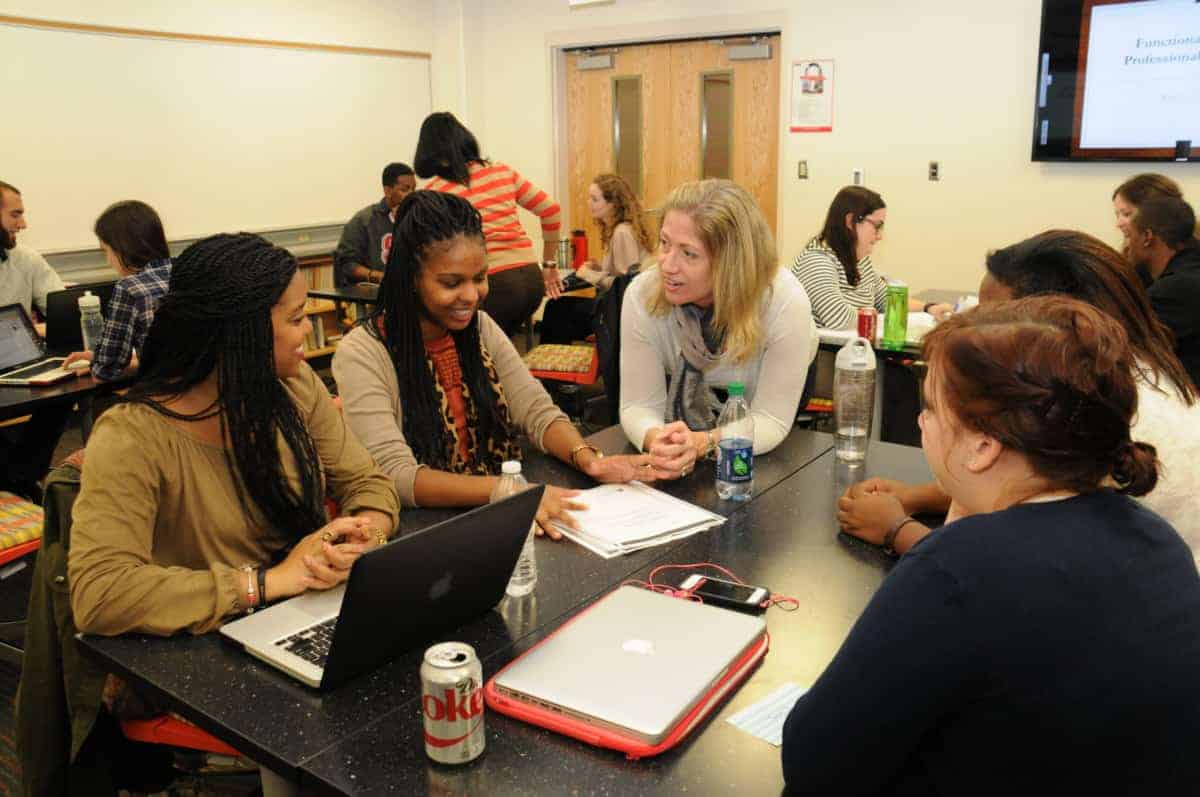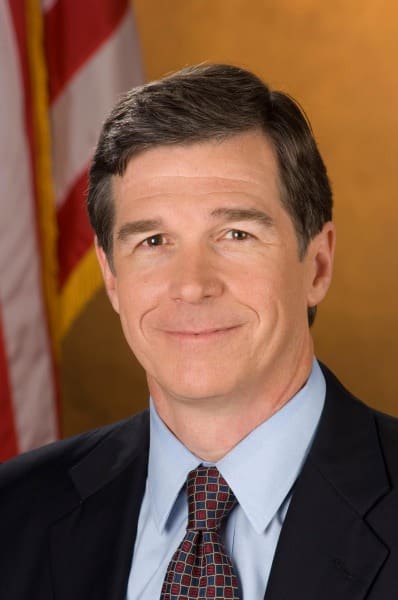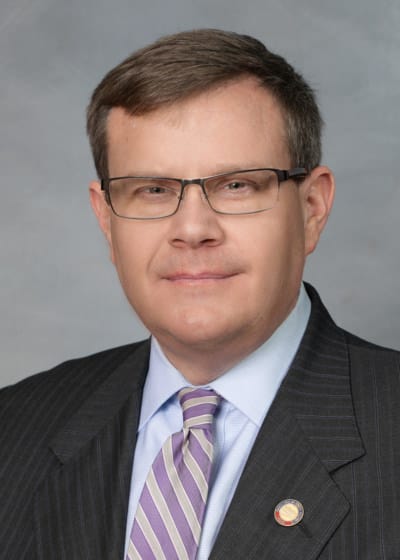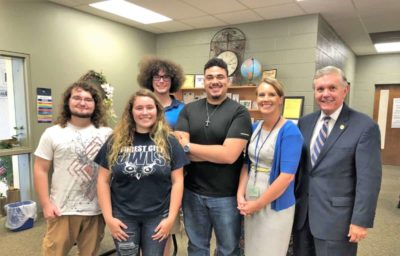When I think about the potential our North Carolina community colleges have to improve lives, what comes to my mind first are the faces of the next generation of community college leaders I’ve worked with at NC State. Their energy, determination and fresh ideas will help students across the state and nation overcome barriers to education and reach their potential.
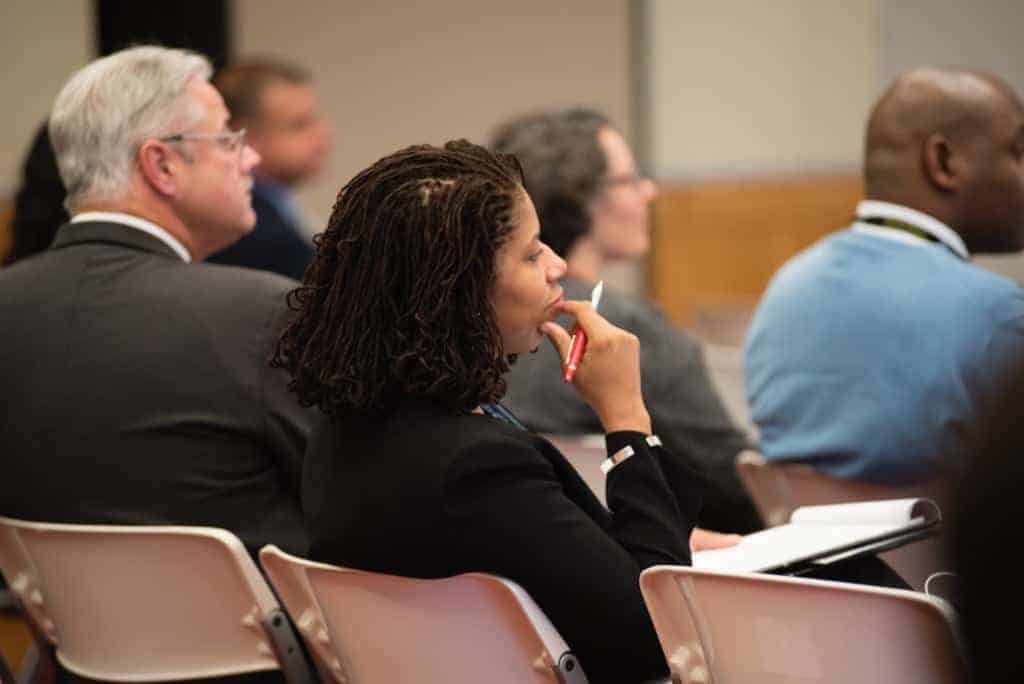
Last fall, I had the opportunity to teach a course about organizational leadership to graduate students–future leaders of community colleges—in NC State’s community college leadership program in Raleigh. We benefited from the active involvement in the course of President Mary Rittling of Davidson County Community College. The final course project was to develop a strategic plan that included community colleges with local and regional partners with a focus on community college student success. Our most effective programs involve partnerships and collaboration, and we must cross boundaries; therefore, connecting this course to real problems in our community was important to me.
One project team, Wake Invests in Women, sought to bring together Wake County partners (business, government, nonprofit, philanthropic, and educational organizations) to develop a common agenda and collaborate to eliminate the gender-specific wage gap for women in Wake County by increasing gender equity in the labor market.
The project team’s charter describes their purpose: “Wake Invests in Women, with Wake Tech as the backbone, has an opportunity to improve the lives of all Wake County citizens by helping more women participate in high wage occupations and working to develop strategies for more pay equity and advancement through the management pipeline within high wage gap occupations.”
This particular project was so successful it led to financial investment by Wake County and Wake Tech Community College.
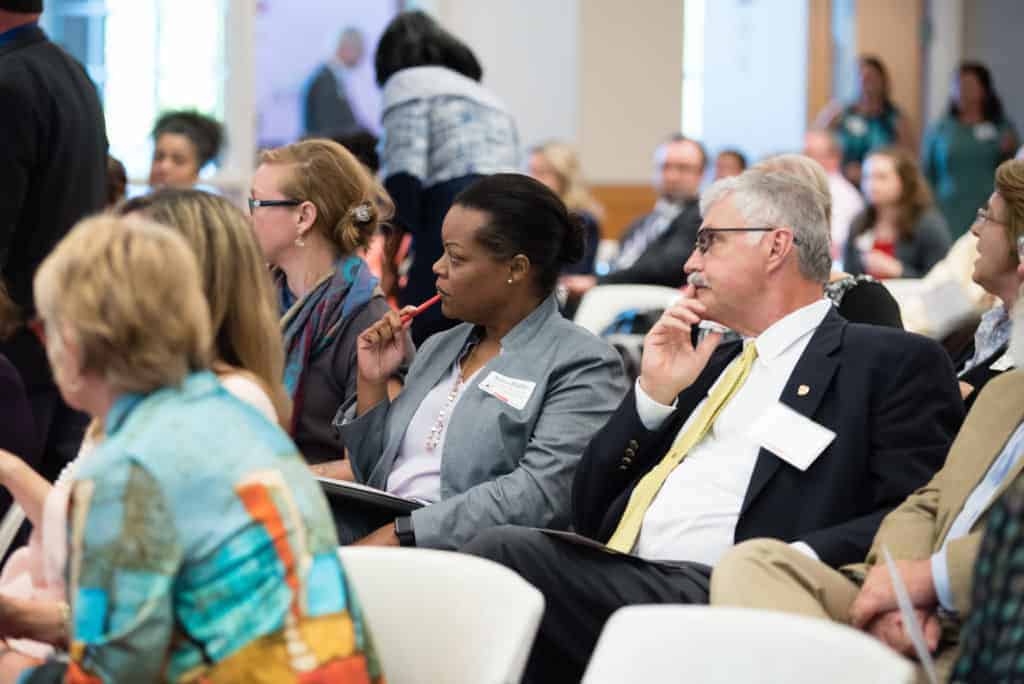
While that project attracted attention and funding, it wasn’t the only idea worthy of investment. I was moved by what the students produced through this final project, including developing plans for a support network for at-risk minority males, an improved early college program in a rural community, and a redesigned wine production program linked to a regional economic development plan.
I seek partnerships across education, particularly with community colleges, as there is no more critical time to be focusing on community colleges and the students they serve. More students are counting on community colleges as their gateway to postsecondary education—and the stakes are high. Social mobility is declining at the same time as inequality is increasing.
Fortunately, among North Carolina’s greatest assets are our 58 community colleges, which provide open-door access to post-secondary education and training for underserved urban and rural populations, lower-income individuals, veterans, and underemployed working adults whose skills and talents the state needs for economic growth.
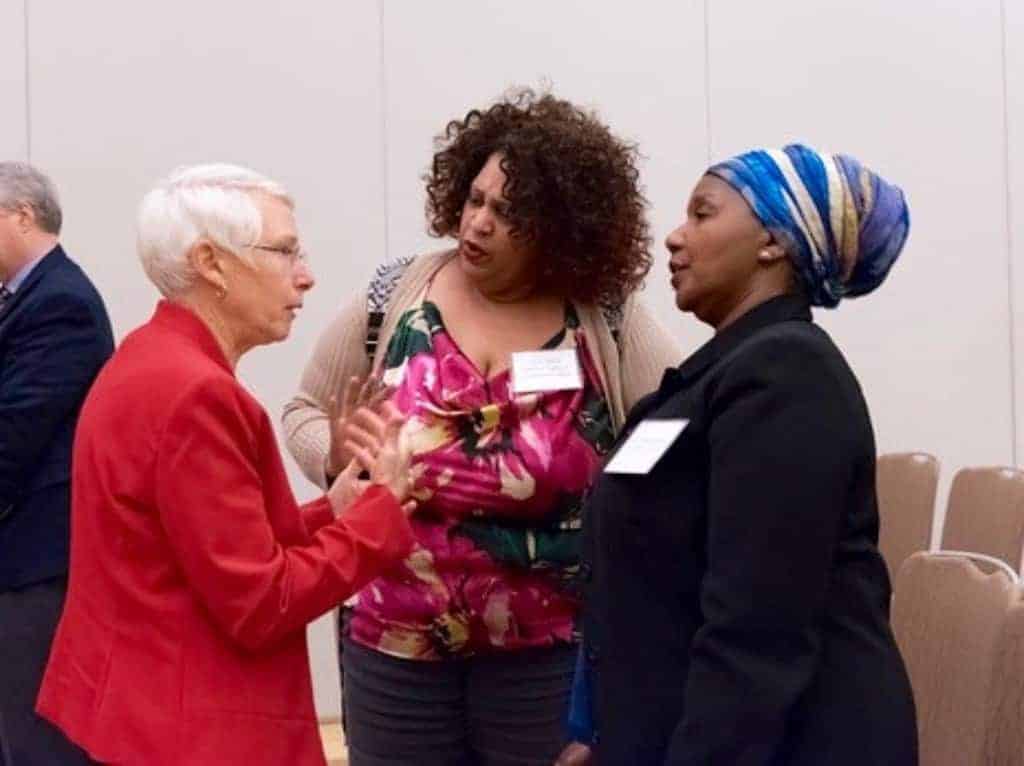
North Carolina’s community colleges represent the one resource that serves any and all North Carolinians, as well as school systems, four-year colleges and universities, and employers. These institutions can serve as an ever-expanding gateway to prosperity and self-sufficiency for tens of thousands of the state’s citizens who otherwise will be left with little hope of economic mobility. Community colleges can also serve as a critical talent pipeline for employers in search of workers with needed job skills.
Achieving prosperity for every North Carolinian is no small feat for community colleges. North Carolina will need exceptional senior leaders and trustees leading the state’s community colleges. NC State’s community college leadership doctoral program, supported by the John M. Belk Endowment, will continue to develop a pipeline of the most talented community college leaders in the country.
At NC State, our efforts are centered on building a culture of leadership that prioritizes student success. For us, as for the Aspen Institute’s College Excellence Program, student success means getting students ready to achieve their goals. We want transfer students to move on to a four-year college or university and graduate with a bachelor’s degree without losing credits. And we want career and technical students to enter the workforce and earn a living with which they can support their families.
We will be making this culture of student success a reality in the coming years. We will continue preparing future community college leaders like the ones I have taught. But we’ll also be helping current community college presidents and their trustees adopt this vision of student success. We’ll also conduct and publish research on issues that impact student success.
In short, NC State is promoting student success by providing current and future leaders with the tools and knowledge they need.
We’re working to help leaders make prosperity not just a dream but a reality for every North Carolinian studying at a community college in the coming years.
